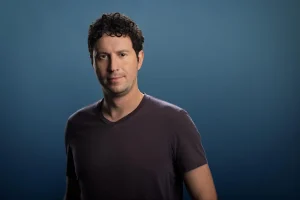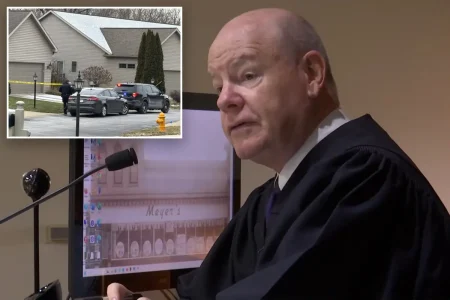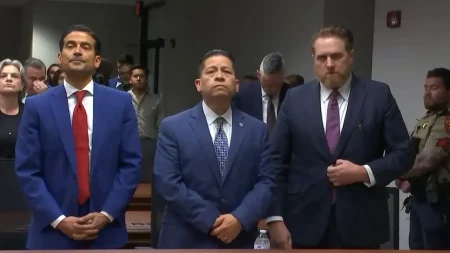Tragic End for NYPD Officer Amidst Federal Investigation
In a heartbreaking turn of events, nine-year NYPD veteran Salvatore A. Buscemi took his own life early Tuesday morning after learning he was the subject of a Homeland Security Investigations probe. The tragedy unfolded in his West Islip home, where he suffered an apparent self-inflicted gunshot wound just hours after federal authorities informed him of the investigation. The circumstances surrounding this case highlight the immense pressure law enforcement officers can face when their professional lives intersect with personal crisis. What began as a routine return from an Italian vacation ended in an unimaginable tragedy that has left colleagues, family members, and the law enforcement community searching for answers.
The sequence of events leading to Buscemi’s death began when Homeland Security personnel intercepted him at JFK Airport as he returned from Italy on Monday. Following this encounter, the NYPD placed Buscemi on modified duty—a significant professional setback that required him to surrender the four firearms he had registered with the department. This sudden change in status would have represented not just a practical limitation but a symbolic stripping of authority and trust that forms the core of a police officer’s identity. While the specific focus of the federal investigation remains unclear, the immediate consequences for Buscemi were swift and severe, potentially triggering feelings of shame, anxiety, and desperation that can accompany such professional challenges.
The tragedy deepened when a relative in Buscemi’s home heard the fatal gunshot early Tuesday morning. Law enforcement sources later revealed that additional weapons were recovered from the residence following his death, suggesting Buscemi had access to firearms beyond those registered with the department. This detail raises questions about the thoroughness of the department’s protocols for officers placed on modified duty and the challenges of ensuring compliance with weapons restrictions during periods of personal crisis. The presence of these additional weapons also points to the complex relationship between police officers and firearms, which serve as both tools of their profession and, tragically in this case, instruments of self-harm.
The response from official channels has been notably restrained. Suffolk County police declined to comment, classifying the death as part of a “non-criminal” investigation despite its connection to an ongoing federal probe. The NYPD similarly did not immediately respond to requests for comment, creating an information vacuum that often surrounds such sensitive cases involving law enforcement personnel. This institutional silence, while perhaps necessary for ongoing investigations, can sometimes compound the confusion and grief felt by those affected by such tragedies. It also highlights the delicate balance agencies must strike between transparency and the integrity of investigations, especially when they involve one of their own.
This tragedy exists within the broader context of mental health challenges facing law enforcement officers nationwide. Police work inherently exposes individuals to high-stress situations, trauma, and moral dilemmas that can accumulate over time and affect psychological wellbeing. When combined with the additional stress of professional scrutiny or investigation, these pressures can become overwhelming. Law enforcement suicide remains a significant concern across the country, with officers statistically more likely to die by suicide than in the line of duty in many years. Buscemi’s death adds to this sobering statistic and serves as a painful reminder of the vulnerability that exists behind the badge and the urgent need for accessible mental health resources tailored to the unique stresses of police work.
The human dimension of this tragedy extends far beyond the brief details contained in official reports. Behind the headlines was a nine-year veteran who had dedicated nearly a decade of his life to serving the people of New York City. He was someone’s colleague, friend, and family member. His sudden death leaves behind grieving loved ones and fellow officers who must now process both the loss and its troubling circumstances. While the full story of what led to this moment may never be entirely known to the public, the availability of crisis resources like the National Suicide Prevention Lifeline (1-800-273-8255) and NYC Well (1-888-NYC-WELL) remains a critical lifeline for those experiencing similar crises. These resources serve as a reminder that even in the darkest moments, help is available, and no one—whether in law enforcement or civilian life—should have to face such struggles alone.











